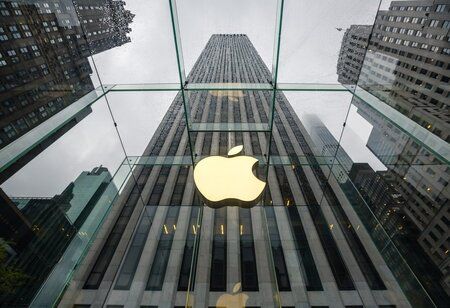By Consultants Review Team
 Apple has responded to allegations that it hasn't done enough to open up its closed environment as required by the Digital Markets Act (DMA) of the European Union by defending its compliance with the law.
Apple has responded to allegations that it hasn't done enough to open up its closed environment as required by the Digital Markets Act (DMA) of the European Union by defending its compliance with the law.
The DMA is a set of requirements and limitations that digital companies like Apple, Google, Amazon, ByteDance, Meta Platforms, and Microsoft must adhere to. It went into force on March 7.
Apple argues that it has complied with the DMA's regulations in spite of criticism, pointing to recent adjustments meant to promote a more liberalized app distribution market in the European Union.
During a full day of hearings hosted by the European Commission, Apple's attorney Kyle Andeer addressed various issues and emphasized the company's dedication to following the law.
Andeer emphasized Apple's emphasis on maintaining conformity with its basic principles and user-centric strategy, saying, "Most importantly, we were guided by making sure we had complied with the law." Second, that we carried it out in a manner that was in line with our principles and the language that we have evolved over a very long time with our consumers."
Apple claims to be in compliance with the DMA, but other digital behemoths will be showcasing their own compliance initiatives at several hearings hosted by the European Commission.
In the days ahead, Meta Platforms, Amazon, Alphabet, ByteDance, and Microsoft are all expected to present their strategies, indicating a more thorough examination of business practices that are in accordance with the DMA's goals.
The DMA emphasizes the seriousness of regulatory non-compliance in the context of the digital market landscape by imposing severe penalties on businesses that do not comply with its standards. These penalties can amount to as much as 10% of a company's annual global revenue.
We use cookies to ensure you get the best experience on our website. Read more...